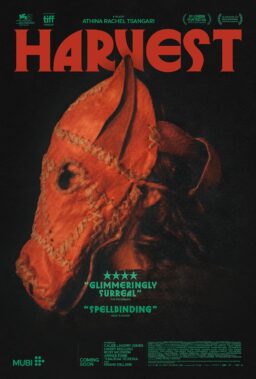From: Doug Diamond, Madison, WI:
You have already indicated on your web-site that you have received a great deal of response to your statement that video games cannot be high-art, but given your arguments against Clive Barker’s comments drove me to respond.
For the sake of discussion, let us term the kind of high-art that you describe, involving a captive audience being led to some sort of an emotional or revelatory experience by a creative artist, narrative art. This is art that is dependent upon story and characters and takes us through a series of events that together allow us to build an emotional or intellectual relationship with the characters or actions so that we may be led to a climax.
There are certainly many different kinds of video games ranging from the shoot’em ups you reference directly to Sudoku-esque puzzle games, and some genre do not lend themselves easily to high art, but there are some that by their very nature share all of the base elements of narrative art. Specifically, adventure games and role-playing games have traditionally fit with this format. Yes, games are an interactive medium, but most within these two genres have a fixed plot that you must lead your character through in order to uncover the story. It is true that much of the joy of playing the game comes from the challenges of unlocking the next piece of story, but that does not take away the fact that at the heart of the game is a story, in some cases with the nuance and depth of a powerful novel, coupled with the power of imagery and visual art, supported by music that is often of far higher quality than that found in cineplexes. It is an interactive medium, yes, but the story is static, as is its message. While I don’t necessarily agree with your definition of art, it would difficult to argue that these games that allow you to unlock deeply moving tales do not meet your requirements to be high art.
Yes, it is rare that games achieve the realm of high art, but there are those who have. I have wept when characters I have come to sympathize with choose a path of death or tragedy or sacrifice themselves for a greater good. I have exulted when great mysteries are revealed. And the very fact that it was me controlling these characters serves only to increase this emotional buy-in, not to lessen the capacity for art.
Mr. Ebert, know that when you make generalizations, you are bound to be wrong. In most cases “player control of the outcome” means only whether you will finish the story or not. To give up on a game that is too hard to finish would be little different than setting down Joyce’s “Ulysses” because it is opaque and difficult to digest. If you insist that this level of player control precludes something from being “high art”, then I will insist that there is no such thing as “high art”.











